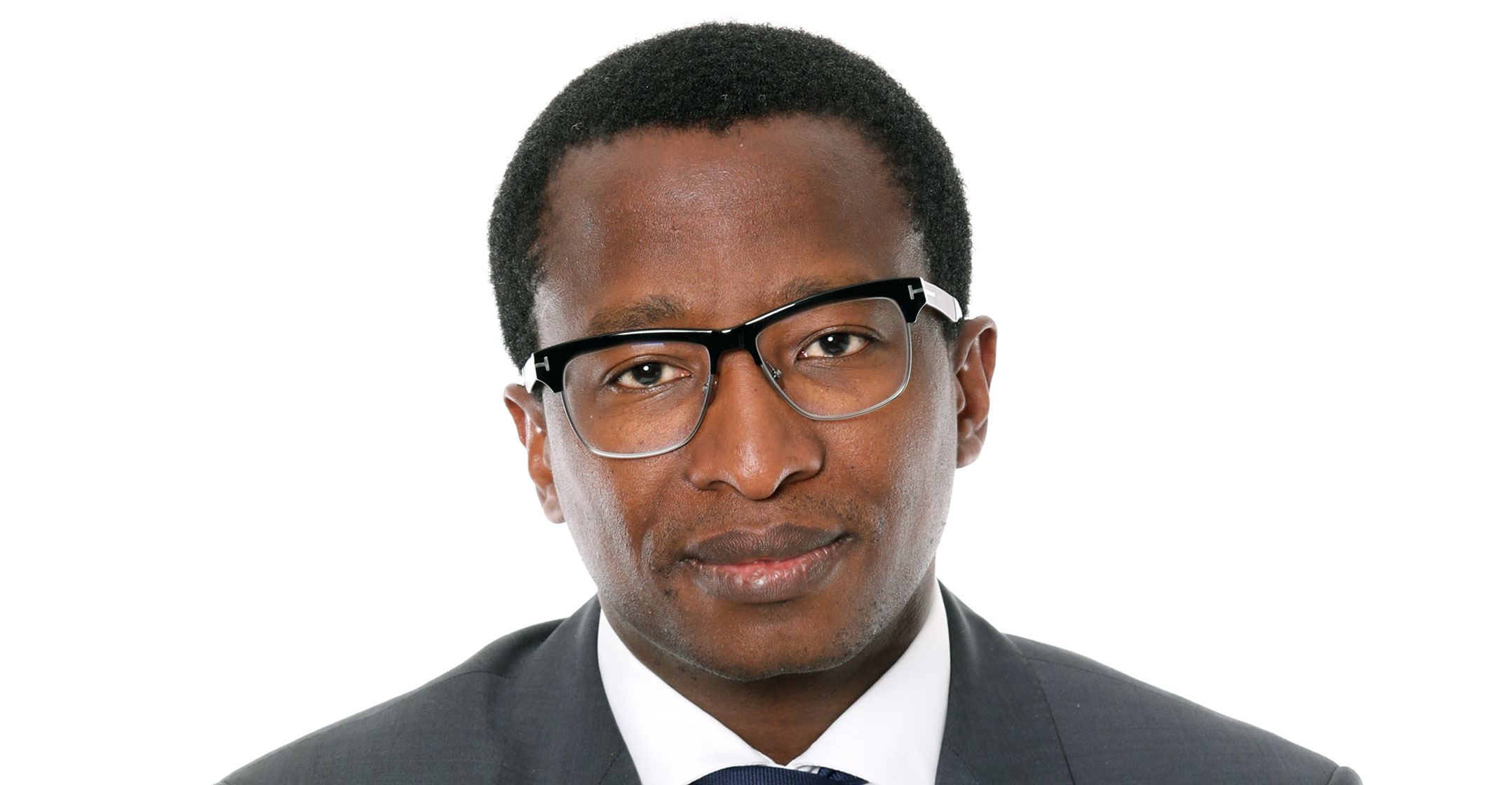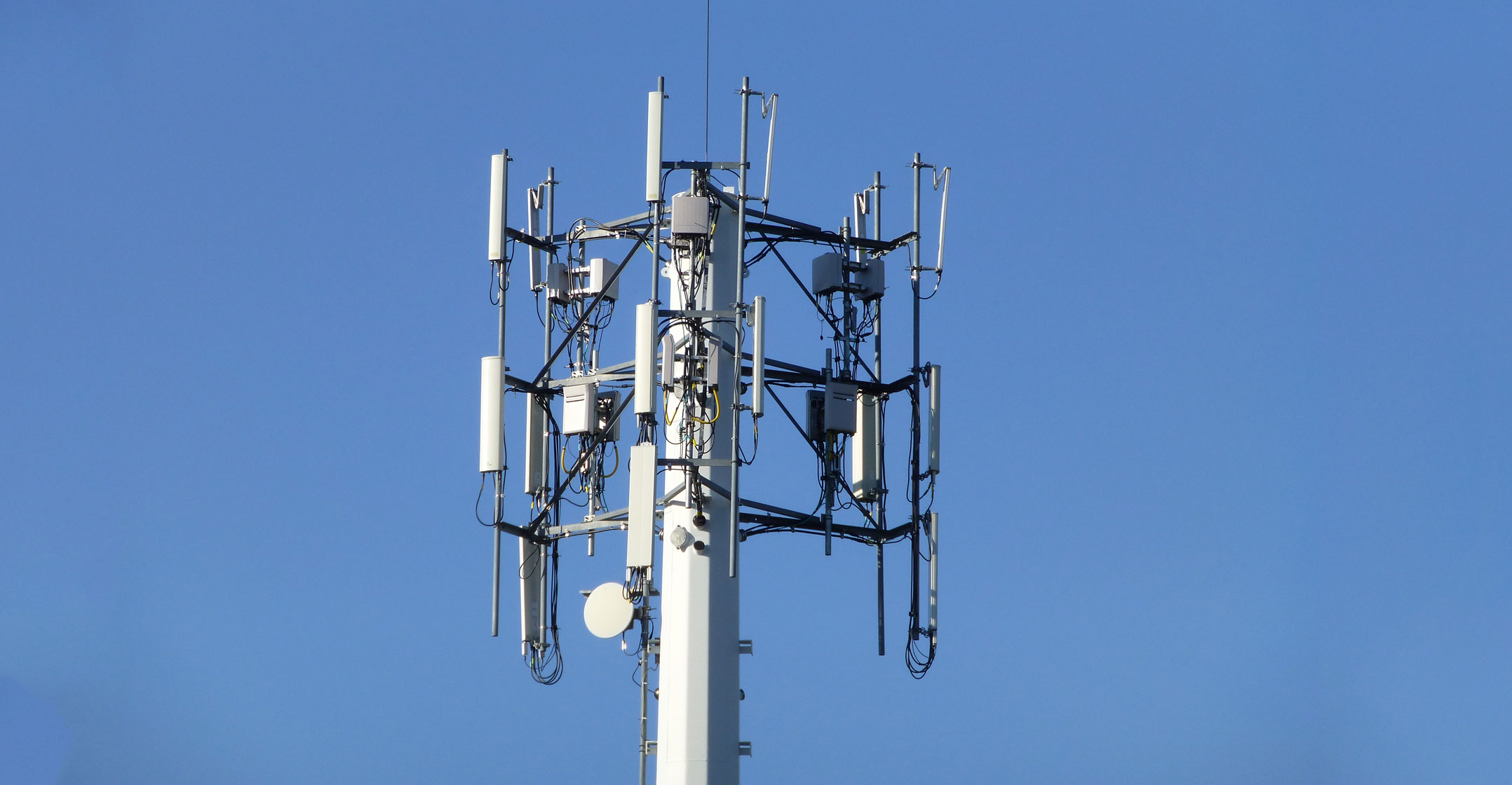
Communications regulator Icasa has hit back hard at Telkom’s application to interdict the upcoming spectrum auction, warning that if the company is successful, it will serve to entrench Vodacom and MTN’s “duopoly” – the very thing Telkom claims it wants to avoid.
Telkom filed papers in the high court in Pretoria in late December seeking an interdict to stop Icasa from proceeding with the spectrum licensing process – needed to expand 4G and 5G network coverage in South Africa – until its concerns are addressed.
The company’s group executive for regulatory affairs and government relations, Siyabonga Mahlangu, said in an interview with TechCentral at the time that it was approaching the court because it believes Icasa’s invitations to apply (ITAs) for spectrum and a planned wholesale open-access network (Woan) had fundamental flaws that could entrench the “dominance” of Vodacom and MTN.
Telkom wants temporary relief against Icasa, preventing the regulator from processing, assessing or adjudicating applications under the ITAs. It also wants the high court to review and set aside Icasa’s decision to issue the two ITAs.
But now, in a hard-hitting responding affidavit lodged with the court, Icasa chairman Keabetswe Modimoeng has sought to tear Telkom’s argument apart, saying the company has no right in law to seek to interdict the crucial spectrum licensing process.
“There is absolutely no constitutional basis for this court to grant the interim interdict (in) which Telkom seeks only to protect (its) own commercial interests to the disadvantage of the general population…,” Modimoeng said.
Clock is ticking
Icasa’s response to Telkom’s lawsuit comes about eight weeks before the regulator is expected to license spectrum in four key spectrum bands, including the “digital dividend” bands of 700MHZ and 800MHz still used by analogue television broadcasters. It is also facing a legal challenge from MTN South Africa, but on different grounds.
If Telkom had a problem with the way Icasa proceeded with the spectrum licensing project, it had plenty of opportunity to do so as it has known for some time how the regulator intended to license the bands, including from a detailed Information Memorandum it published in November 2019.
“The mere fact that Icasa arrived at a conclusion which is different from that which Telkom would have preferred … does not mean that Icasa’s decisions are unlawful or that they are irrational. In fact, it shows that the decisions … required Icasa to consider different policy objectives and balance competing interests…”

Modimoeng has also taken umbrage at an assertion by Telkom that Icasa didn’t properly consider the state of competition in the sector when designing the auction.
“Telkom is wrong,” he said. “Icasa appointed Acacia Economics, Cenerva and Real Wireless to advise it on all competition matters relevant to the current auction process. The relevant officials are international experts in the issues which are in dispute in this application and properly advised Icasa in its decision-making processes.”
Also, the radio frequency spectrum regulations, published in 2015, require Icasa to assign high-demand spectrum (where demand is greater than supply) on a competitive basis. Icasa determined that an auction process was the most appropriate way to license the spectrum. An auction “facilitates transparency, efficiency and fairness in the process”, Modimoeng said.
There is also no need for Icasa to wait for the outcome of its own inquiry into competition in the mobile services market before designing the auction, as it is a “separate process”. Telkom has contended the outcome of this inquiry must be a core component of the auction ITA.
“Icasa’s discussion document on its mobile broadband service inquiry and the Competition Commission’s data service market inquiry’s final report were considered before the finalisation and publication of the auction ITA. Consideration was given to, among other things, barriers to entry, retail and wholesale market shares, and market power and spectrum assignments pre-auction,” he said.
‘Must be rejected’
“There is absolutely no factual basis to support Telkom’s contention that Icasa did not consider competition concerns. All of Telkom’s contentions founded on the allegation that Icasa did not take into account competition concerns must accordingly be rejected.”
Furthermore, Modimoeng warned that if Telkom is successful in its court application, the auction process could be delayed by years, in effect entrenching any “duopoly” between Vodacom and MTN that Telkom contends exists.
“Such a delay would only serve to prejudice Telkom and others and entrench the very same ‘duopoly’ of MTN and Vodacom which it says must be eradicated. The longer the status quo of the Vodacom and MTN ‘duopoly’ continues, the more difficult it is going to be to eradicate it and for Telkom to compete with them in the future – even if the process were to be delayed by one year,” Modimoeng said.
 Icasa also contends in its answering affidavit that there is no basis to Telkom’s argument that Icasa issued the ITAs knowing that the digital dividend bands are not yet available for use by mobile operators. “So, we will buy the spectrum, but we will not be able to get a return from it,” said Telkom’s Mahlangu in his December interview with TechCentral.
Icasa also contends in its answering affidavit that there is no basis to Telkom’s argument that Icasa issued the ITAs knowing that the digital dividend bands are not yet available for use by mobile operators. “So, we will buy the spectrum, but we will not be able to get a return from it,” said Telkom’s Mahlangu in his December interview with TechCentral.
But Modimoeng said this isn’t the case. “The correct position is that as soon as the auction process is completed and the relevant licences are awarded, the successful bidders will then become entitled to enjoy the full commercial benefits of the spectrum that would have been awarded to them,” he said. It’s an interesting assertion by Modimoeng given that, if the mobile operators were to use the digital dividend bands after the auction, they would likely cause interference with television broadcasts (without careful planning).
Furthermore, when communications minister Stella Ndabeni-Abrahams directed Icasa to accept invitations to apply for spectrum and the Woan licence, she did not say that Icasa must first wait for the government to complete the digital migration process, Icasa said. “It is not surprising as to why the minister did not prescribe this as a condition for the auction process,” Modimoeng said.
“The minister is clearly aware of the fact that the digital migration process is not an impediment to the issuing and processing of the ITAs. Neither did Telkom seek to set aside the 2019 policy for directing Icasa to issue both the auction ITA and the Woan ITA prior to completion of the digital migration process.” — © 2021 NewsCentral Media




